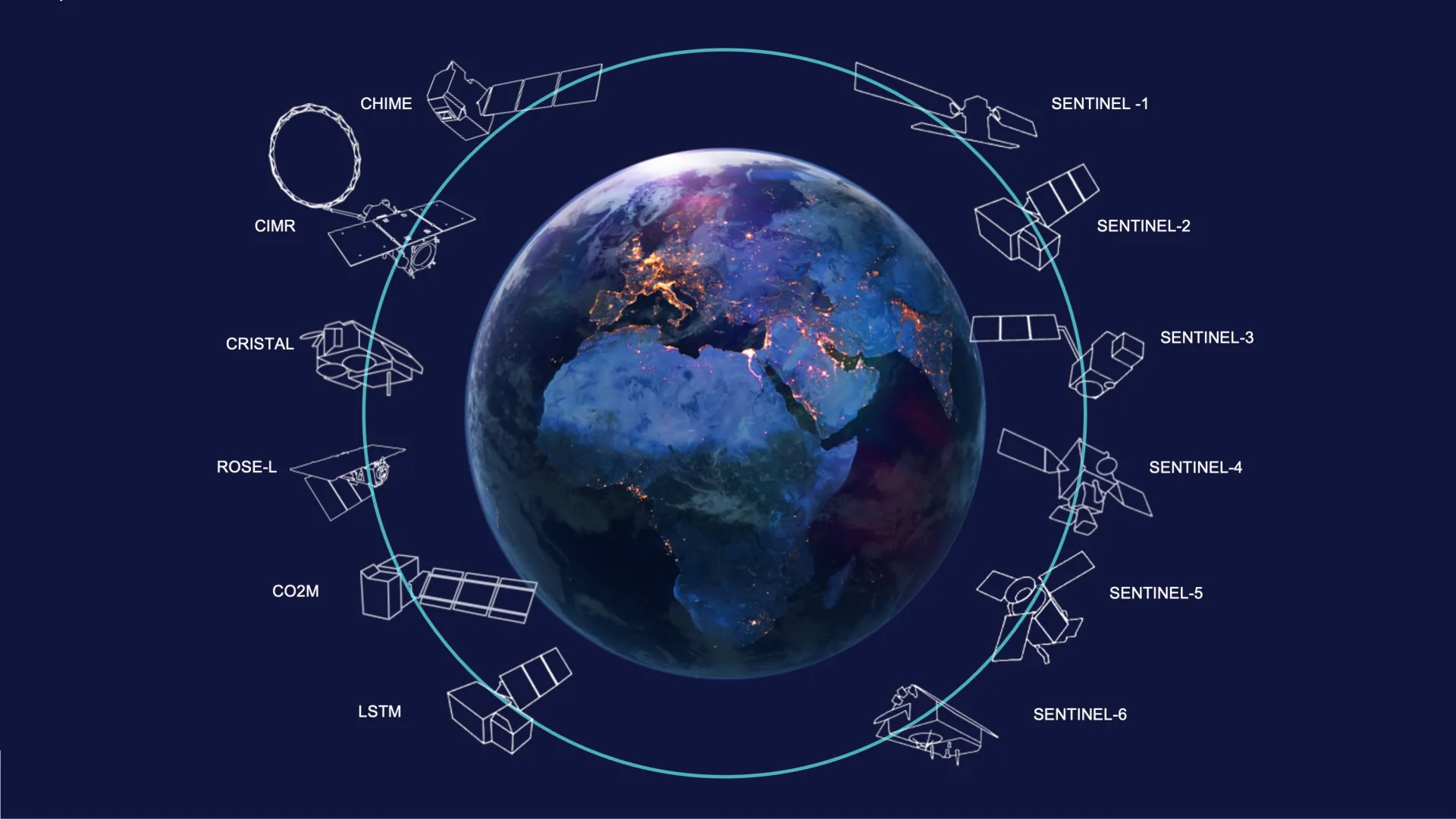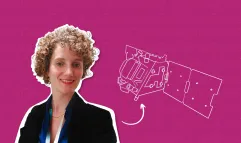Meet Pauline Vryghem

Meet Pauline Vryghem
Tell us about your job…
I’m an electronic design engineer at Thales Alenia Space’s Charleroi facility. Right now, I’m working on our PCDU product that handles power from solar panels and batteries, conditions it and distributes it to spacecraft systems. Ensuring uninterrupted power to these systems is crucial to mission success. For example, the battery has a key role during eclipse periods when the solar panels get no sunlight.
My job is to define equipment specifications, design and size electronic circuitry, run tests and monitor qualification tests.
Design work consists in determining an electronic architecture that satisfies specifications. First, we validate the architecture with simulation tools, and then we make sure the circuit can withstand the rigors of space, i.e. radiation, temperature extremes, low pressure, shocks and vibrations during launch, bearing in mind that we can’t repair anything after the mission has launched.
This task involves a series of essential component stress, worst-case scenario, failure mode, radiation effects, reliability, and redundancy analyses.
Once we’ve consolidated the electrical and mechanical design and all our analyses, we start routing and designing the printed circuits. We then define test specifications to validate equipment modules.
What are you most proud of in your day-to-day activity?

© Thales Alenia Space
I’m proud of having the opportunity to work on cutting-edge space technologies. It’s amazing to think we’re working on products for major missions in space.
We work in an exciting field that brings new challenges every day, so the learning curve is steep. I’m really lucky to be part of an enthusiastic and dynamic team where everyone enjoys working together. It’s also a privilege to rub shoulders with experts sharing their passion and knowledge with us every day.
Which part of your career have you enjoyed the most?

Copernicus © Thales Alenia Space
Being able to contribute to the European Commission’s Copernicus Earth-observation program, the most ambitious program of its kind dedicated to taking the pulse of the planet, with its 12 families of Sentinel satellites surveying land surfaces, seas, lakes, oceans, polar regions and more. Copernicus also comprises missions for climate science and tracking human-induced CO2 emissions, and missions serving new applications for sustainable agriculture and biodiversity. A program of this scale gives Europe the means to better anticipate the effects of climate change and help to safeguard and preserve our planet. Our company is playing an active role in 11 out of the 12 Sentinel missions in the European Commission’s program, for which the satellites are being built by European primes for the European Space Agency (ESA).
Specifically, we’re developing the PCDUs for the ROSE-L, CIMR and CHIME satellites.
The ROSE-L mission (Radar Observation System for Europe in L-band) is designed for Earth monitoring and aiding emergency response to natural and man-made disasters.
The CIMR mission (Copernicus Imaging Microwave Radiometer) will measure sea-surface temperature, salinity and sea-ice concentration. It will also characterize variations in sea-ice temperature and thickness, snow depth, ice drift and stage of development.
The CHIME mission (Copernicus Hyperspectral Imaging Mission for the Environment) aims to deliver regular observations to support new food security services, farming and biodiversity management, characterization of soil properties, sustainable mining practices, and environmental conservation.
What three qualities are most important in your job?
Team work, curiosity and attention to detail.

